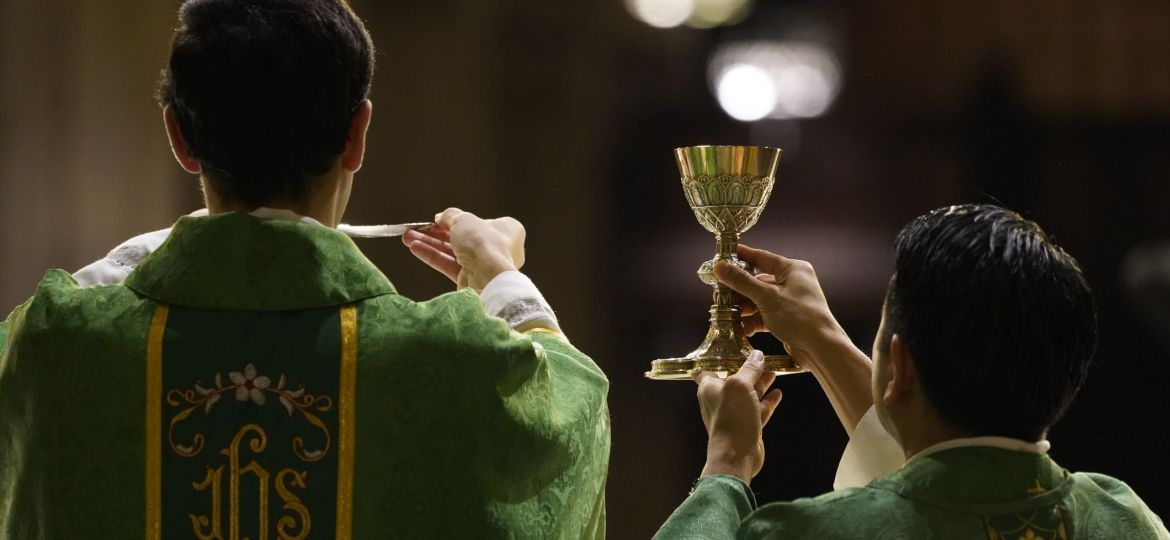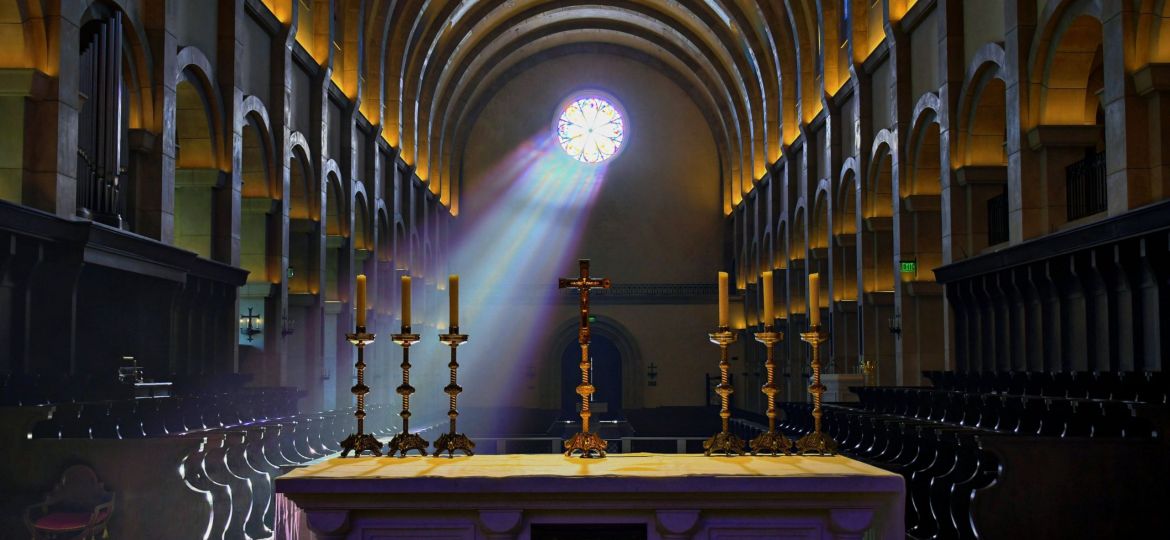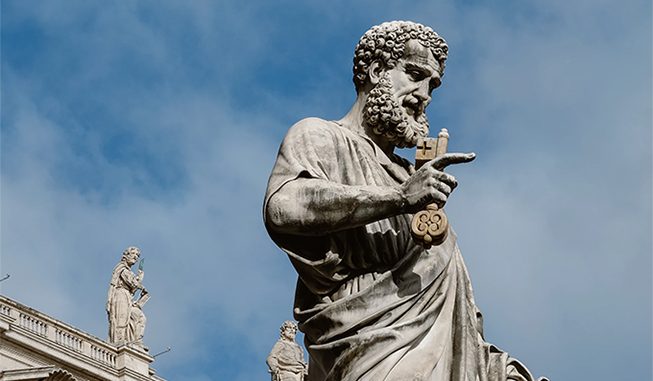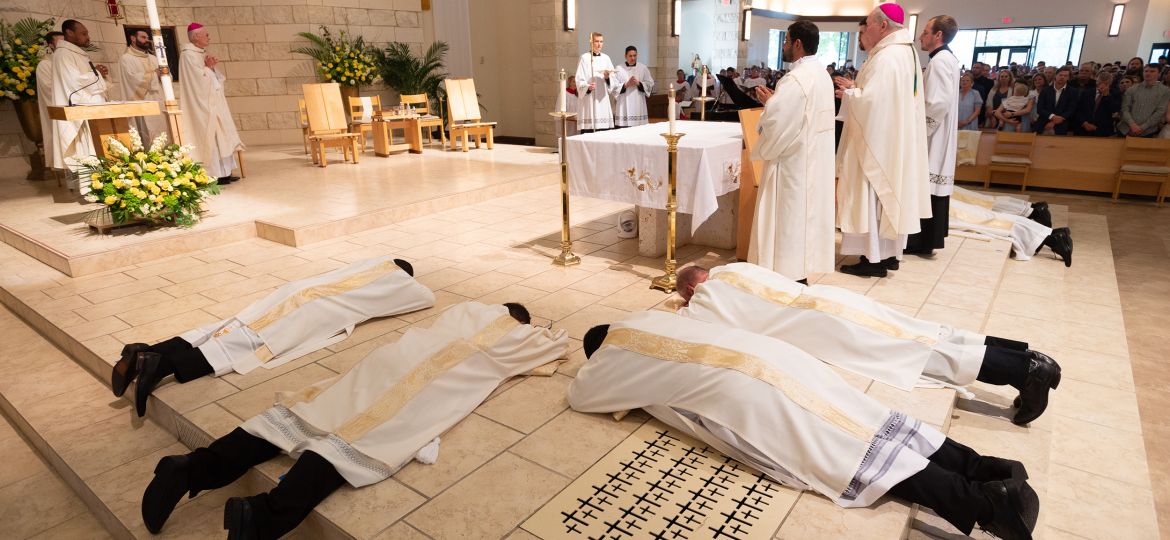The Our Father is the most familiar of all Christian prayers. Its constant recitation inevitably leads to a glazing of our mental eyes, rendering us numb to the shocking permission Jesus grants us in the opening words. He invites us, even requires us, to claim familiarity with God. “Pray like this,” Jesus tells those gathered for His Sermon on the Mount: “Our Father, who art in Heaven…” (Matthew 6:9).
When Moses asks God to provide a name that he might share with the enslaved Israelites in Egypt, “God replied to Moses: ‘I am who I am.’ Then He added: ‘This is what you will tell the Israelites: I am has sent me to you.’ God spoke further to Moses: ‘This is what you will say to the Israelites: The Lord, the God of your ancestors, the God of Abraham, the God of Isaac, and the God of Jacob, has sent me to you’” (Exodus 3:14-15).
Christians are required to apologize for their faith. They do this in one of two ways.
String bracelets with the code WWJD? became a pious fashion trend in the late 90s, and they remain visible today on many teenage wrists. Coming in a variety of bright colors, the bracelets are a visible examination of conscience to the wearer: “What Would Jesus Do?” is a fruitful question to ask oneself in a moment of temptation.
I was in an allegorizing mood last week when I visited the church of San Carlo alle Quattro Fontane in the heart of Rome. Designed by the 17th century architect Francesco Borromini, San Carlo is a jewel of astonishing beauty on the corner of a busy intersection.
After celebrating Mass recently for my University of Dallas students in a chapel just a few feet from the bones of St. Peter, I mused on what the fisherman would think of the overwhelming grandeur of the basilica that houses his mortal remains. Many would suspect that his simple Galilean sensibilities would be repulsed by the opulence and gilded pomp of the place, and that thought did cross my mind; but that solution strikes me as too facile and puritanical. My hunch is that Peter would consider the final resting place of his bones, the rock on which this church and the Church are built, to be a fitting reward, a capstone for his efforts to love the Lord.
There is a tendency to picture one’s discernment, whether the lifelong vocation question or a smaller decision, as a tense and perilous choice in an all-or-nothing, heaven or hell moment.
I was deeply impressed by the answer a fellow priest gave recently to a question that I ponder frequently. When asked to name one unifying cause for the troubles that plague us as American Catholics, he simply said, “I think we try to avoid suffering at any cost.”
No easy interpretation of Genesis 22 exists. The account of God’s test of Abraham is truly awe-ful. It gives us no psychological insights into the heart of Abraham or Isaac, and the sparse narrative details — the three days’ journey, the binding of Isaac upon the altar, the dramatic angelic intervention to stay Abraham’s knife — are terrifying in their raw simplicity. Yet these verses offer wondrous cause for meditation on the mystery of sacrifice.
St. Paul seems to have defined the triad we know today as the theological virtues: faith, hope, and love. No Jewish source before him brings those three words together, and the pre-Christian pagans do not speak of them as interrelated virtues.










